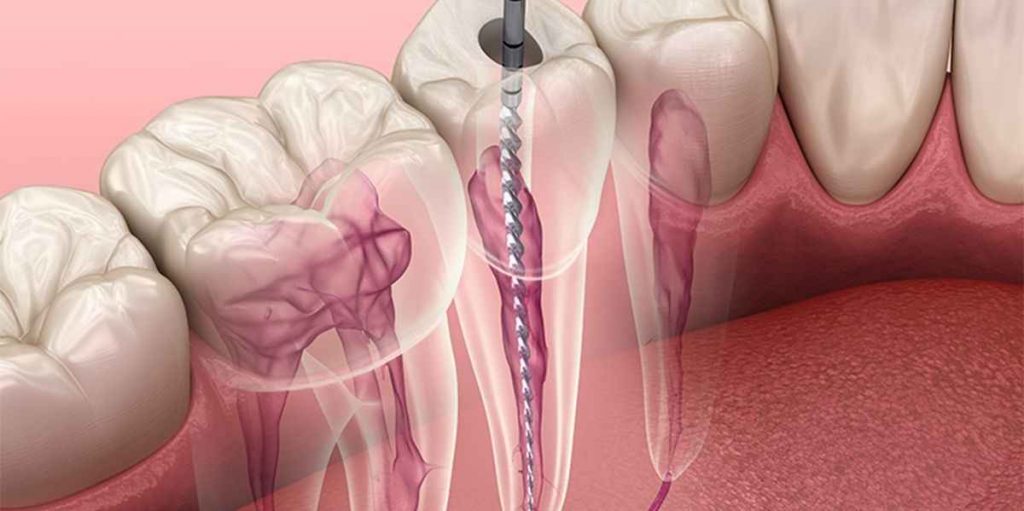Last updated on March 25th, 2024 at 10:33 pm
A smile is the best accessory one can wear, and a healthy set of teeth is essential for that. Enamel, the outermost layer of teeth, is crucial in maintaining healthy teeth. Enamel is the first line of defence against decay and cavities. Unfortunately, it can be damaged over time, leading to sensitivity, discolouration, and even decay. To help prevent damage to your enamel, here are some tips that can assist you in protecting your teeth.
Table of Contents
Brush Properly
Brushing twice daily is an essential part of dental hygiene, but it’s important to brush properly to avoid damaging the enamel. Use a soft-bristled toothbrush and gentle, circular motions while brushing. Hard bristles can be abrasive and wear down the enamel, causing damage. Avoid excessive force or abrasive toothpaste, as it can also wear down the enamel over time. Instead, use fluoride toothpaste, as recommended by most dentists.
Limit Acidic Foods and Drinks
Acidic foods and drinks, such as citrus fruits, soda, and energy drinks, can erode the enamel, making it vulnerable to decay. If you must consume acidic foods and drinks, do so in moderation, and always rinse your mouth with water afterward to neutralise the acids. Drinking milk or eating cheese after consuming acidic food can also help neutralise the acid in your mouth.
Use Fluoride Toothpaste
Fluoride toothpaste is an excellent way to strengthen the enamel and protect it against decay. Fluoride remineralizes the enamel and makes it more resistant to acid attacks, thus minimising damage to the enamel. Most dentists recommend using fluoride toothpaste as a part of your daily oral hygiene routine to protect your teeth and enamel.
Drink Plenty of Water
Drinking water is not only good for overall health but also for dental health. Water helps to wash away food particles and bacteria that can cause decay and cavities. Drinking water also helps to neutralise the acids in your mouth, preventing enamel erosion.
Chew Sugar-Free Gum
Chewing sugar-free gum can help stimulate saliva production, which is essential for maintaining good oral health. Saliva helps to neutralise the acids in your mouth and remineralize the enamel. Moreover, sugar-free gum that contains xylitol can also help to prevent decay and cavities.
Don’t Grind Your Teeth
Teeth grinding, also known as bruxism, can cause significant damage to your enamel over time. If you suffer from bruxism, talk to your dentist about getting a custom mouthguard to protect your teeth while you sleep.
Visit Your Dentist Regularly
Regular dental check-ups and cleanings are essential for maintaining good oral health and preventing enamel damage. Your dentist can identify any early signs of decay or enamel erosion and provide you with the necessary treatment to prevent further damage.
Dentists can also recommend specific products or treatments that can help minimise enamel damage. Taking care of your enamel is vital for maintaining good oral health and preventing decay and cavities. By following these tips, you can protect your enamel and keep your teeth healthy and strong for years to come.
Remember to brush your teeth properly, limit your consumption of acidic foods and drinks, use fluoride toothpaste, drink plenty of water, chew sugar-free gum, avoid grinding your teeth, and visit your dentist regularly for check-ups and cleanings. If you need further advice on how to protect your enamel, don’t hesitate to speak to your dentist Five Dock.
Related Articles:
Things to Consider Before Getting a Root Canal Treatment







